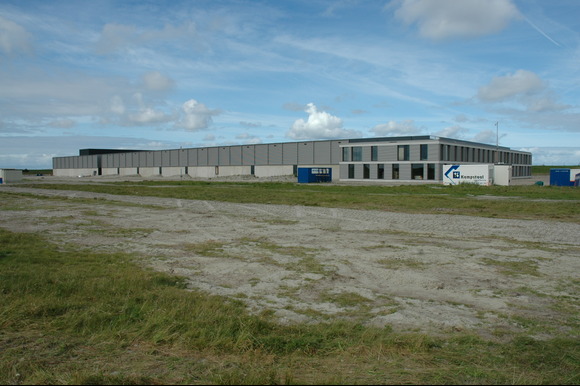The UK is on track to see a significant surge in the number of data centres, with the total set to rise by almost 20%, according to new data shared with BBC News. Currently, there are an estimated 477 data centres across the country, and this number is expected to increase by nearly 100 over the next few years, fueled by the growing demand for artificial intelligence (AI) and the processing power it requires.
Construction analysts at Barbour ABI have examined planning documents, revealing that the majority of these new data centres are slated for completion by 2030. The surge is largely driven by the increasing need for high-powered computing, with companies like Google, Microsoft, and various US tech giants playing a significant role in the expansion. However, concerns are mounting about the environmental impact of these facilities, particularly regarding their massive energy and water consumption, which could push up costs for consumers.
A large proportion of the new centres will be based in London and surrounding counties, although there are also plans for nine data centres in Wales, one in Scotland, and several across Greater Manchester and other regions. One of the most ambitious projects is a £10 billion AI data centre planned for Blyth, near Newcastle, by Blackstone Group. The facility, expected to span 540,000 square meters—an area the size of several large shopping malls—will take over three years to complete, starting in 2031.
Microsoft, meanwhile, is investing £330 million in four new UK data centres, with plans to finish construction between 2027 and 2029. Google is building a £740 million data centre in Hertfordshire, which will employ air cooling technology rather than traditional water cooling methods. These additions are positioning the UK as one of the largest data centre hubs in Europe, after the US and Germany.
Despite the rapid expansion, there is growing concern about the sustainability of these developments. The energy demands of data centres are already high, and the new facilities could place even more pressure on the UK’s electricity and water systems. The National Energy System Operator (NESO) projects that data centres could add up to 71 terawatt hours of electricity demand in the next 25 years. This significant increase underscores the need for cleaner energy solutions, such as offshore wind, to meet the growing demand.
Dr. Sasha Luccioni, an AI and climate expert at Hugging Face, has warned that such rapid growth could lead to increased energy bills for consumers. She noted that in the US, residents in areas like Ohio have seen monthly electricity costs rise by $20 due to data centre expansion. Luccioni stressed the need for mechanisms to ensure companies, rather than consumers, bear the cost of the additional energy needed to power these centres.
The government views data centres as critical to the UK’s economic future, classifying them as national infrastructure. However, this designation has sparked debate about their impact. The sheer scale of the facilities, particularly the water required to cool them, is a growing concern. Existing data centres are known to consume large quantities of water, yet owners rarely disclose this information. Some residents are actively protesting new centres, such as a £3.8 billion cloud and AI data hub proposed for greenbelt land in Potters Bar, Hertfordshire. Local residents describe the land as the “lungs” of their community, highlighting the environmental concerns surrounding such large-scale projects.
In Ireland, similar concerns have led to a moratorium on new data centre construction in Dublin due to the strain existing centres have placed on the national electricity grid. In the UK, authorities are keen to address these concerns, with Thames Water already in discussions with the government about how to meet the rising demand for water.
At present, 28 new data centres are expected to be serviced by Thames Water, including 14 additional sites in Slough, already home to Europe’s largest concentration of data centres. This has raised alarms over water supply issues, especially given that the data centre sector’s rapid growth is expected to continue. To mitigate these challenges, the UK government has committed to investing £104 billion in water infrastructure and has established an AI Energy Council to ensure that supply can keep up with demand.
The surge in data centre construction reflects the growing reliance on digital services, from movie streaming to online banking, and the increasing need for AI-driven applications. Yet, it also raises significant questions about the sustainability of this expansion and its long-term impact on both energy and water resources. As the sector grows, it remains to be seen how these challenges will be addressed and whether the benefits of digital growth will outweigh the environmental costs.






